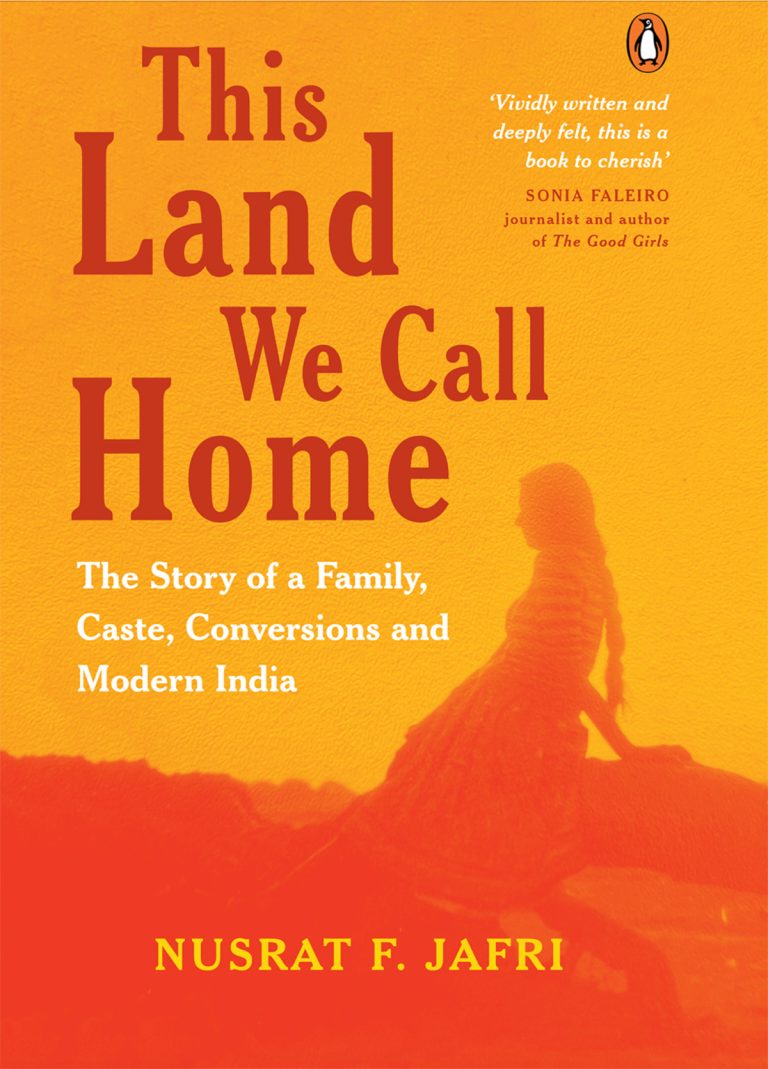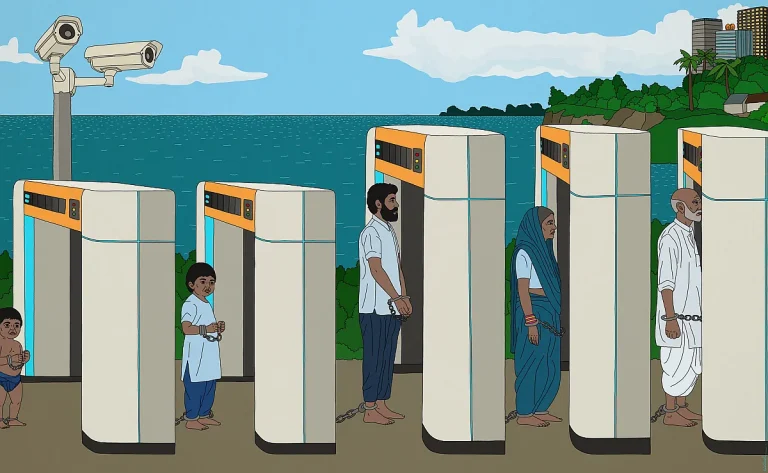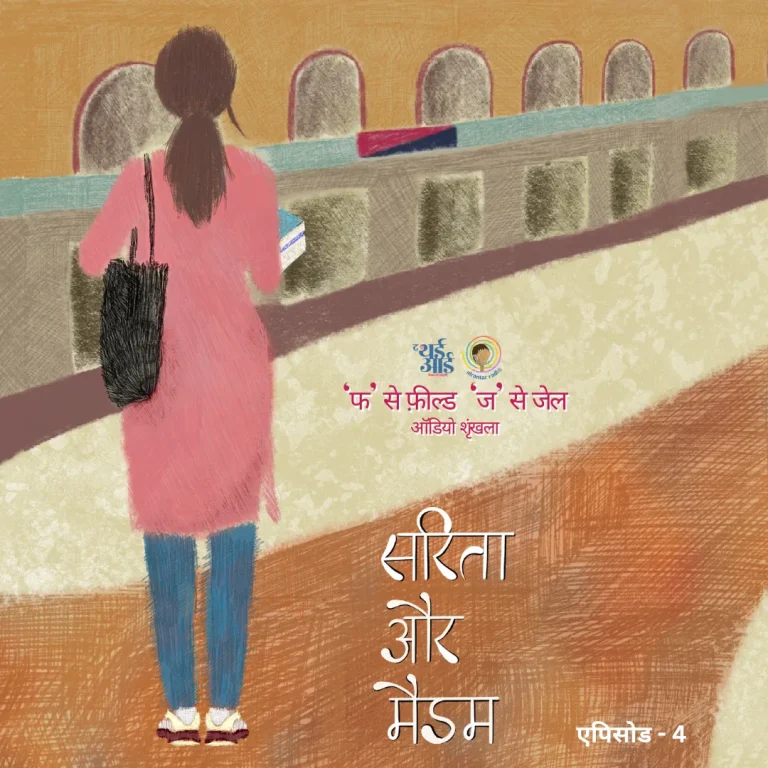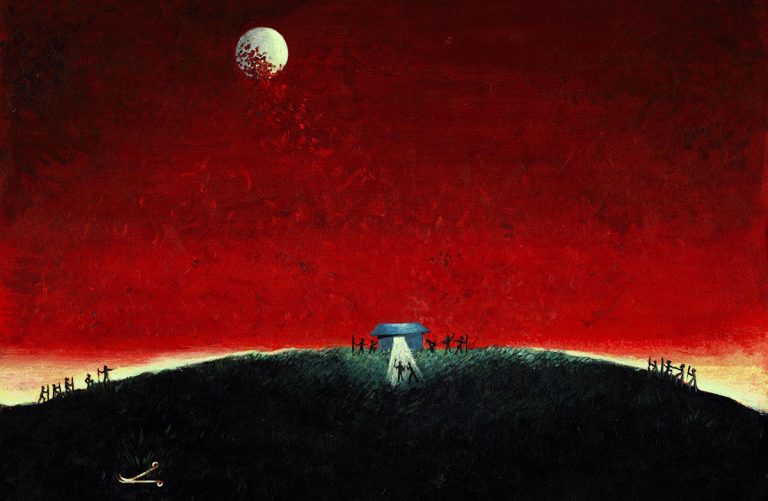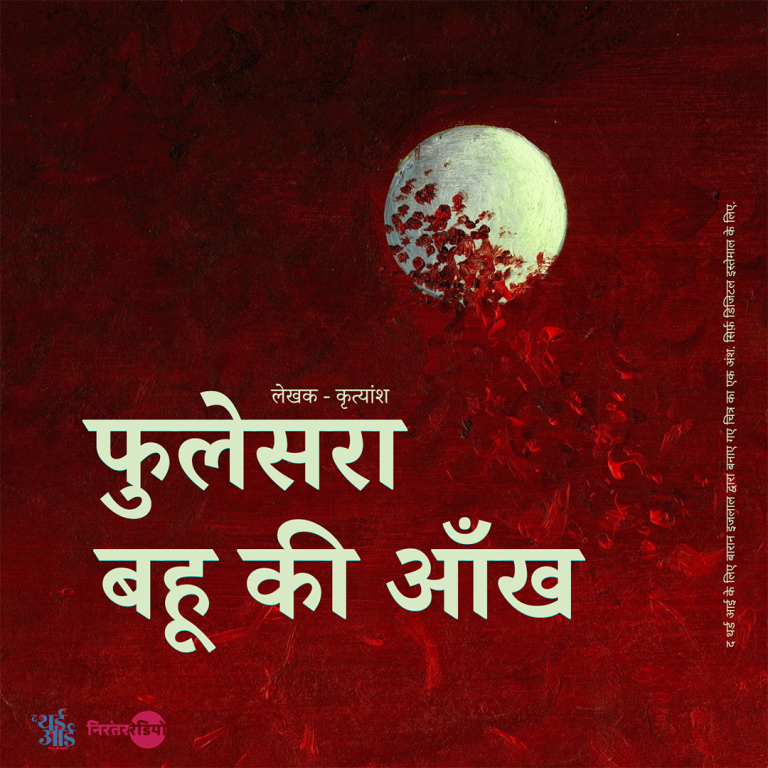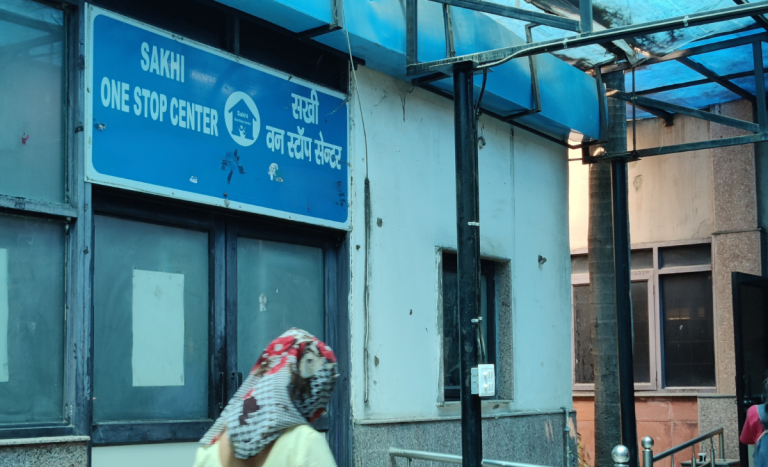
A Day at a One Stop Centre in Delhi
The wave of the massive Nirbhaya protests prompted the government to set up 36 One Stop Centres (OSCs), one for every state and UT, on a pilot basis in 2015. Today, there are 819 operational OSCs across the country. A One Stop Centre is meant to integrate victim-survivor’s access to different mechanisms of justice such as police, hospitals and courts, while also providing emergency shelter and psycho-social counselling.


